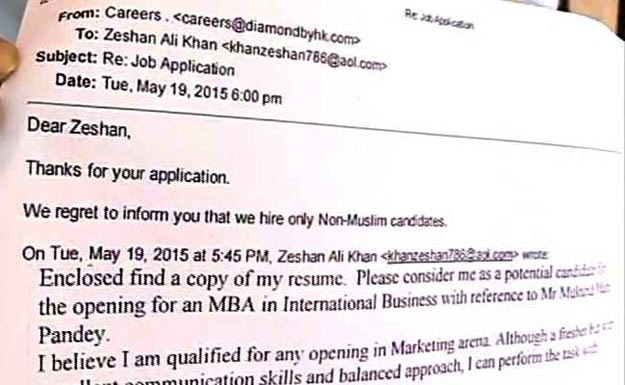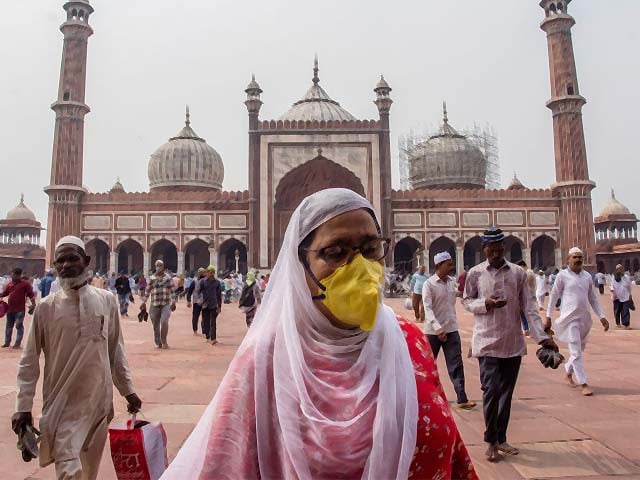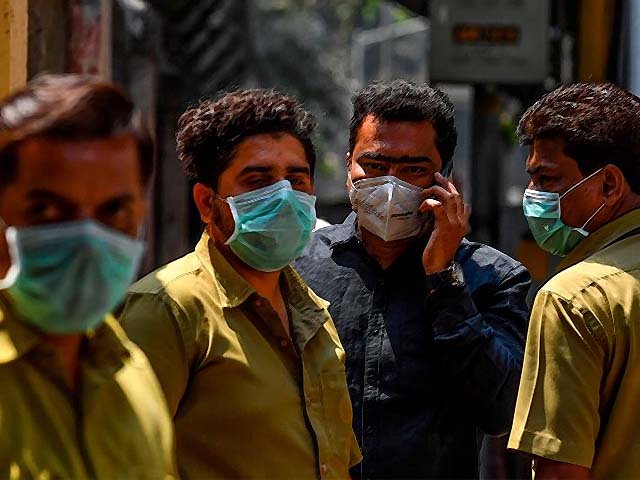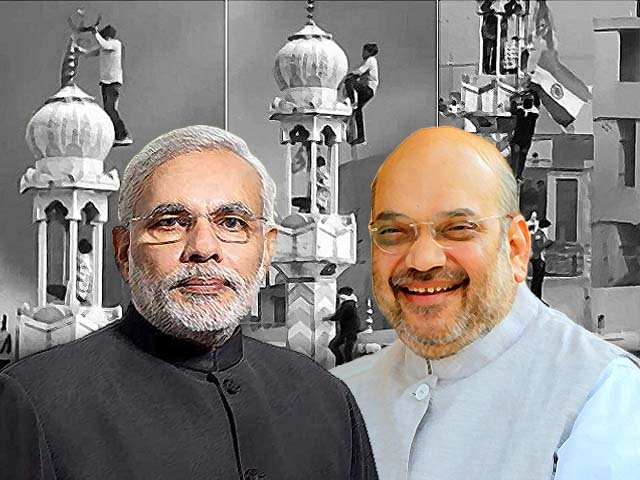
‘Modi is the best thing to happen to India’ – Think again
In Modi's India, a company can reject a Muslim's job application because of his religion, and no one will say a thing.
Interacting with the Indian diaspora in Shanghai and Seoul recently, Indian Prime Minister Narendra Modi boasted that his countrymen world-over feel proud of their Indian origin ever since he has become the prime minister of the country.
In his address to non-resident Indians (NRIs), he added that it was a moment of shame to be an Indian before his assumption of power in Delhi. Such churlish and insulting statements by the Indian leadership at a foreign soil drew large scale condemnation both inside and outside India. Modi would like the world to believe that he is the best thing to happen to India.
If you deconstruct his speech, a narrative will emerge. When he says his India is different from India of the past, he actually means it. He is talking of his ‘idea’ of India – an India which subscribes to his majoritarian worldview, an idea where a minority member is reduced to a second-class citizen.
Zeshan Ali Khan does not fit into his world view. No wonder his job application is rejected by a top diamond company in Mumbai because only “non-Muslim candidates” are hired by the company. In recent times, no such instance of blatant and open anti-minoritism comes into mind. The news is not surprising and there is nothing new in it. There has been a latent discrimination against Muslims in Indian society and it has been in existence for years.
 Photo: NDTV
Photo: NDTV Photo: Zeshan Ali Khan/Facebook
Photo: Zeshan Ali Khan/FacebookBut what makes this news disturbing is the timing.
It comes at a time when there is a government in Delhi whose anti-Muslim and anti-minority credential is very strong. There is open anti-minoritism in the present establishment.
One year of the Modi regime has seen concerted attacks – both verbal and physical – on Christians and Muslims. The desecration of churches and the damage to Christian religious places of worship are open manifestations of this aggression against religious minorities. Radical Hindu groups launched “ghar wapsi” programme targeting Muslims and forcing them to reconvert to Hindu religion. Muslims were also the victim of “love jihad campaign” started by the extremist elements and individuals who were opposed to any relationship between Muslim men and Hindu women.
Such open and selective targeting of religious minorities is a by-product of the Modi era.
Few months ago, Pravin Togadia, an extremist Hindu leader from Gujarat, openly asked Hindus to expel a Muslim family who has bought an apartment in a predominantly Hindu housing society. The very fact that someone dares to say such things openly and gets away with it without any condemnation tells a lot about the predominant presence of divisive elements in the society.
Before Modi left Gujarat to lead India, he bequeathed a polarised and religiously-fragmented society. As chief minister of an important coastal state, he never attempted to bring the two communities together. He never tried to reach out to the Muslims, who fell prey to his divisive politics quite early in his tenure as chief minister in 2002. He never gave tickets to Muslims to fight on the BJP symbol. There has never been any Muslim representation in his cabinet. Modi’s leadership only widened the differences between Hindus and Muslims and accentuated the religious fault-line.
Modi got a historic mandate last year by winning 282 seats out of 545, a majority no single party has achieved in the last three decades, but there is no Muslim name in this list. This is also very unusual in independent India’s history. There are two Muslim names in his ministry but both of them hold only minor posts.
Recently, Gujarat passed a draconian anti-terror bill that stipulates that a confession made by a person before a police officer not below the rank of superintendent of police shall be admissible as evidence in the trial of such accused, co-accused, abettor or conspirator. This is draconian and social activists strongly believe that it is aimed at targeting the Muslim minority in the state.
Ever since the Modi regime has assumed power in Delhi, it has been trying to communalise school textbooks by introducing Hindu religious texts and practices in the educational curricula. A systematic attempt is underway to communalise Indian history by relegating the Muslim icons and history to the margin. The individuals, who have never been serious history students and are hardly known in academic circles, have gotten the prized posts under the chief of Indian Council of Historical Research (ICHR), the premier history body that allocates funds for writing history.
These individuals belong to Rashtriya Swayamsevak Sangh (RSS), the ideological godfather of the ruling BJP. Rewriting the history textbooks is top in the agenda of the Hindu right-wing groups. Recently, Home Minister Rajnath Singh questioned the greatness of the 16th century Mughal king, Akbar. He wanted the Rajput king, Rana Pratap – who happens to be Hindu – elevated to the same status. By playing historical figures against each other, Singh is injecting communal bias into history writing.
Rana Pratap was just a regional king and Akbar was the king of India and they fought against each other to establish their supremacy. It was not a Hindu-Muslim battle. But the BJP regime wants to give communal colour to history and cast an aspersion on the benevolent king, Akbar, who is remembered in history for promoting religious harmony.
Couple of weeks ago, a right-wing Hindu group defaced all the road signs in Delhi with Muslim names. The government did not try to attempt to take any action against the group. It is such silence on the part of the present regime that is very dangerous. Those who speak against minorities, and indulge into violent acts against them, go unpunished. This is not only an endorsement but also encouragement to the right-wing Hindu groups.
Therefore, the whole atmosphere is anti-Muslim under Modi regime. It is no wonder that some of the private companies dare to openly reject the application of a Muslim candidate for jobs. Such open ill-liberalism is tolerated by the government.
The Modi regime makes lots of noise about economic development but its real agenda is something else. Prime Minister Modi is hyperactive on social media and tweets about everything on earth but maintains a questionable silence on such disturbing issues.
He has not uttered a single word on the incident in Mumbai.
Mainstreaming the minority has always been part of the national reconstruction after independence. It has been a narrative very much ingrained in the sub-consciousness of the country. Hindu right-wing has been trying to alter the instinct of India. It has been playing with the idea of India.
But people of India are alert. Zeshan Ali Khan’s Hindu friends, who were selected by the diamond firm, refused to take the job despite being selected, showing solidarity with their batch-mate. That is very heartening and a slap on those who perpetuate discrimination in the name of religion.
No amount of economic development will help India grow unless there is social and religious harmony in the country. Our strength is its diversity and Modi is playing with that.
Can we ever be proud of Modi’s idea of India?




COMMENTS (128)
Comments are moderated and generally will be posted if they are on-topic and not abusive.
For more information, please see our Comments FAQ